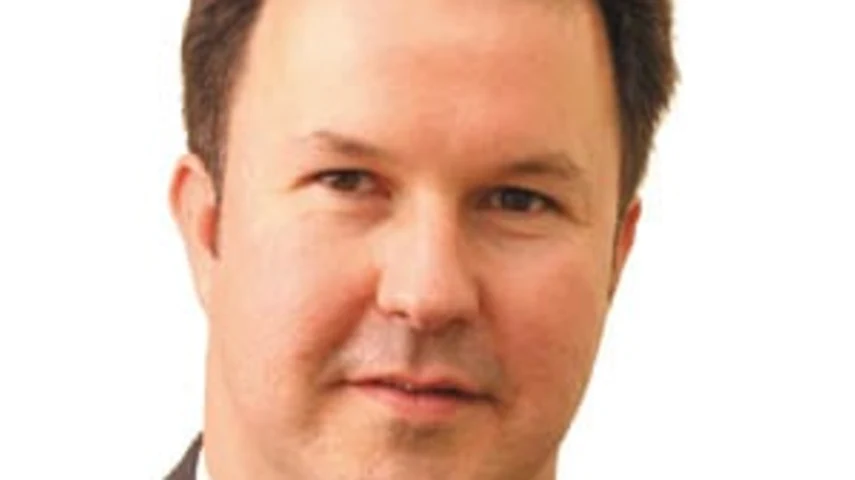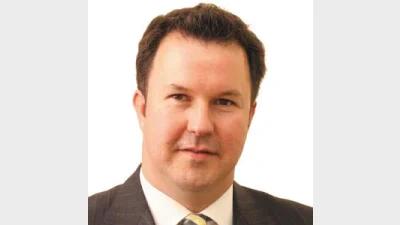Superannuation trustee board structure needs new framework



The controversy which has surrounded MTAA Super, combined with recent events elsewhere in the superannuation industry, suggest the use-by date applying to traditional trustee board structures may have expired.
The Australian superannuation industry should brace itself for increased scrutiny and calls for key changes to the way in which funds operate and are supervised.
The controversy which continues to surround MTAA Super, and issues such as so-called “liquidity providers” within superannuation funds, have combined with the actions of the Australian Prudential Regulation Authority to turn a spotlight on the superannuation industry as a whole.
Month by month, the media coverage which has attached to the MTAA Super saga has prompted a number of observers to suggest it is the superannuation industry’s equivalent to the collapse of Storm Financial — something which gave rise to a Parliamentary inquiry, and ultimately, the proposed Future of Financial Advice changes.
The questions generated by the MTAA Super saga have grown in volume as a result of the Australian Prudential Regulation Authority’s reluctance to answer questions on the issue posed by Tasmanian Liberal Senator David Bushby during Senate Estimates more than a month ago.
The questions pursued by Bushby were neither controversial nor particularly probing, yet the regulator chose to invoke the secrecy provisions of its parent act as part of its explanation for not providing an answer.
All of this has provided grist to the mill of those who argue that the trustee structure which has become so central to the operation of superannuation funds in Australia has become both out-dated and inappropriate in an industry accounting for around $1.3 trillion in assets, and within which trustee boards control billions of dollars worth of investments but are subject to less transparency than those of publicly-listed companies.
When the Association of Superannuation Funds of Australia last month rightly celebrated the 20th anniversary of the superannuation guarantee, it paid homage to those who established a regime which provided Australia with an unparalleled compulsory retirement savings system which, in turn, provided a bulwark against the worst of the global financial crisis (GFC).
As ASFA chief executive Pauline Vamos quite rightly pointed out, Australia’s superannuation savings played a significant role in providing the ballast which kept Australia afloat during the darkest days of the GFC.
Sadly, amid all the celebration, no one attending ASFA’s Canberra celebration chose to dwell on the fact the trustee board structure that has served the superannuation industry so well over the past two decades has become outdated, and is badly in need of review and refurbishment.
In particular, there is a need for the Government to recognise it should clear the opacity which surrounds trustee boards, and make them more answerable and responsive to the needs of members — many of which hold six figure balances.
Putting aside the manner in which APRA has chosen to view superannuation fund television advertising in the context of the sole purpose test, the claim by Financial Planning Association chief executive Mark Rantall that MySuper balances should be quarantined from use for television advertising and sporting sponsorships does not seem unreasonable.
Indeed, it would not seem unreasonable for members of superannuation funds to be given a voice on whether they support expenditure on television advertising and sporting sponsorships, as opposed to the delivery of better member communications or group insurance options.
Viewed objectively, and in the context of the funds controlled by superannuation funds, the trustee structures which seemed so appropriate in the late 1980s and early 1990s can be perceived as anachronistic in a decade during which governments and regulators have espoused and pursued the need for higher levels of corporate governance and accountability.
Quite simply, trustee boards can make key decisions with respect to investments, mergers and acquisitions without direct and specific reference to their members and with only limited reference to the regulator. Moreover, the make-up of those trustee boards is not subject to member ballot.
With the Government scheduled to push ahead with its Stronger Super legislation over coming months, there is much to keep the industry busy — but it would be wrong to assume that some of the more fundamental issues surrounding trustee board structures will go away.
While ever there are suggestions the existing trustee board structure is being manipulated by industrial or political interests — or that it has become inappropriate to a financial services industry otherwise embarked on greater corporate transparency — then the superannuation industry cannot avoid the issue.
At some point, it must embrace the need to refurbish the trustee board structure to bring it into line with the concepts of modern corporate governance.
Recommended for you
High risk, high return assets will become dangerous options for superannuation funds under the Federal Government’s planned $3 million superannuation changes, writes Brad Twentyman.
Economic policy can no longer ignore the macroeconomic impacts of Australia's superannuation system and the emerging policy implications, writes Tim Toohey.
In an age where climate concerns and social consciousness dominate headlines, it’s no surprise that investors are increasingly seeking investments that align with their values, writes Simon O’Connor.
How profit-for-member superannuation funds can embed 'commerciality with a heart' and marry a member-first culture with commercial outcomes.










